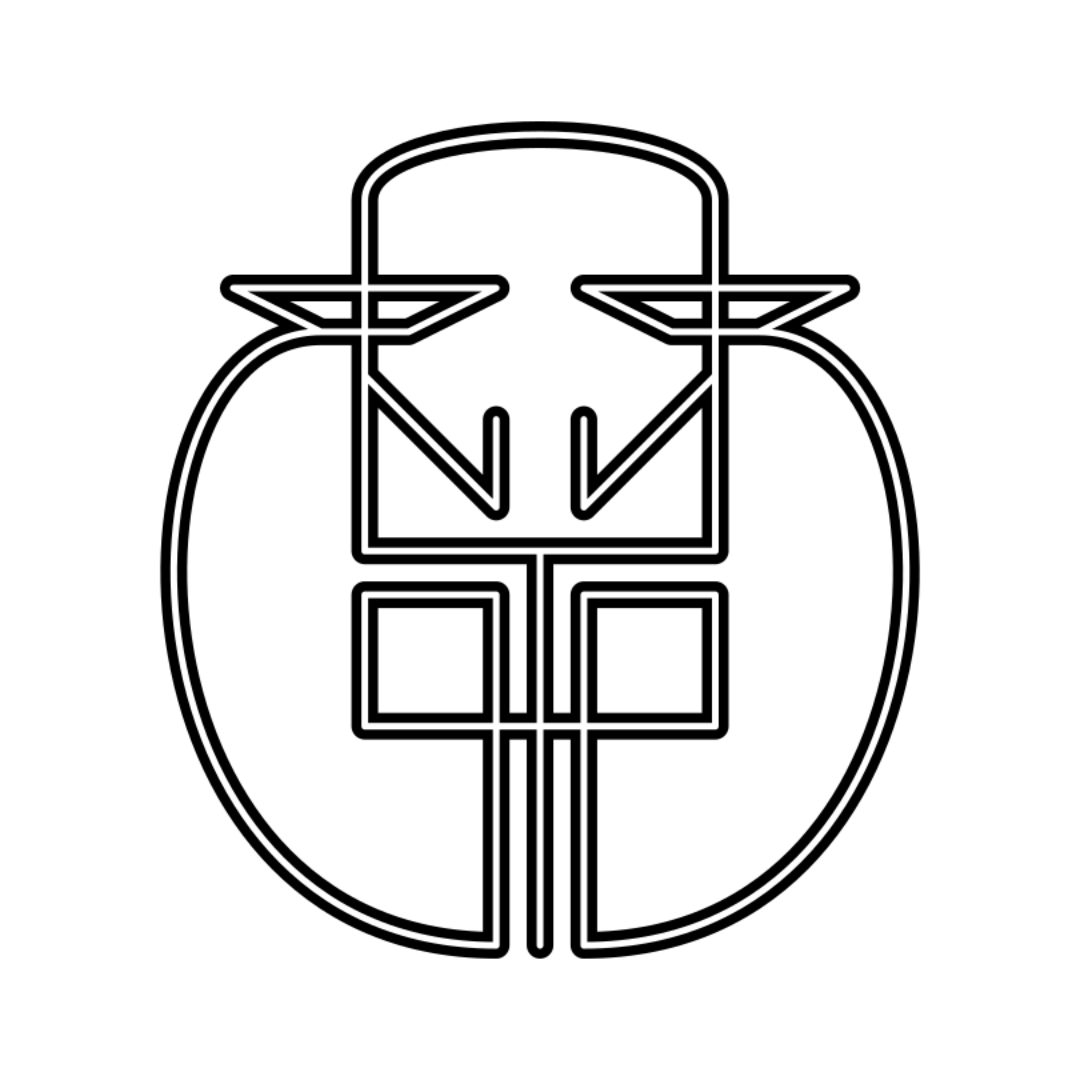OUR STORY
House Sauromatos in its current conception first took shape under the blood moon on the night of September 28th, 2015.
Since then, we have pursued the preservation of traditional Vampyre Culture and the furthering of worthy forms of Vampyric self-organization in the German-speaking European countries through the living example of our House.
We have advocated the protection and development of local Vampyre structures, meeting places and havens, as well as Houses, Clans, Covens, and Families, as we trust that Vampyre Society and Vampyre Culture will benefit in the long term from a pluralistic landscape offering a wide breadth of possibilities.
We believe in a balancing of openness with exclusivity to frame and preserve in the greater discourse of Vampyre Society particularly the more sophisticated aspects of Vampyrism, on whose authenticity we believe the long-term attractiveness of Vampyre Society will depend.
We do not hide from our own kind.
We confidently and openly proclaim the principles of our House so that everyone can see what we stand for.
There are, however, certain mysteries and occult kinds of knowledge that by their very nature must be guarded more closely.
Our Household’s occult traditions are founded firmly on a basis of personal knowing, meaning we often distrust those not personally known to us.
Secrecy and confidentiality remain paramount in our Society.
We hold that Vampyre Society has always thrived – and will continue to do so – in the underground.
Thus it is there, in the shadows, where we must find our balance – to stay true to the roots of our Vampyric Heritage.
